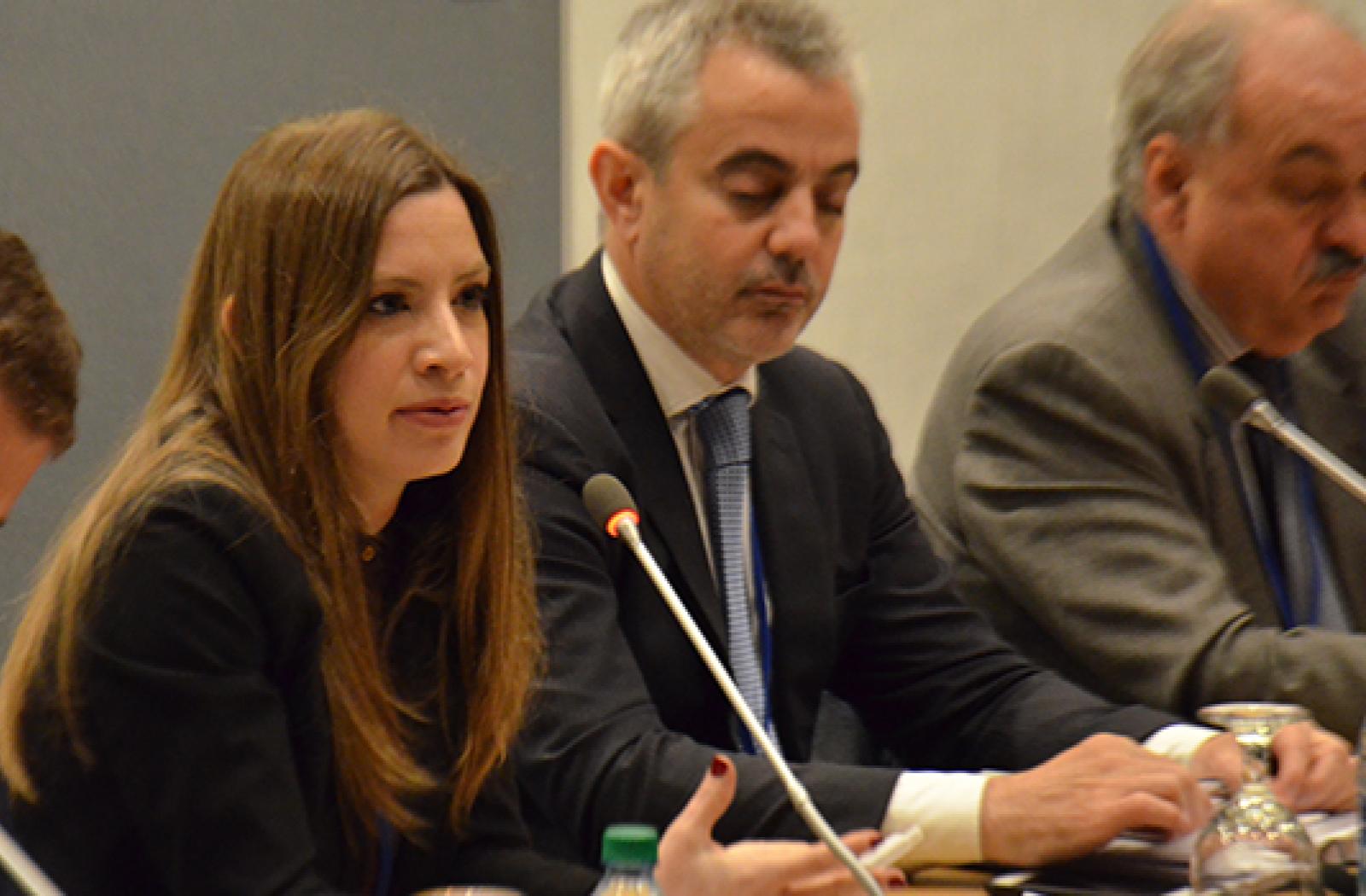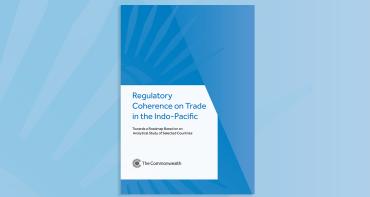The G20 (also known as the Group of Twenty) comprises 19 of the world’s leading economies and the European Union. It plays an important policy co-ordination function by providing space for the G20 leaders to engage in regular and constructive dialogue on pressing issues facing the global economy.

Travis Mitchell discusses the unique role of the Commonwealth-La Francophonie G20 dialogue
The G20 (also known as the Group of Twenty) comprises 19 of the world’s leading economies and the European Union. It plays an important policy co-ordination function by providing space for the G20 leaders to engage in regular and constructive dialogue on pressing issues facing the global economy.
However, there is a pressing need for G20 initiatives to take into account the perspectives of developing countries. Without this, policies can lead to unintended and potentially harmful consequences for vulnerable non-member countries. For this reason, the annual Commonwealth-La Francophonie G20 dialogue was established in 2010 to gives successive G20 presidencies a platform for country engagement.
Why should developing member countries value G20 engagement?
G20 initiatives have at their core the objective of improving and increasing the resilience of the global economy, and by extension, the welfare of all citizens. Due to the members’ combined economic size and influence through important development institutions, the G20 is well placed to drive global change.
This was most clearly reflected in the G20’s successful response to the global financial crisis. Moreover, in recent years the G20 has made important contributions to strengthening the international financial architecture; levelling the playing field on international taxation; championing an increase in global growth and jobs; and promoting inclusive growth and financial inclusion.
The G20 has made significant progress in this regard through its numerous developing country outreaches, but there is still much more to be done to make G20 policies truly inclusive.
What are the objectives of the Commonwealth and La Francophonie annual G20 dialogue?
The Commonwealth-La Francophonie annual G20 outreach was established in 2010 to address the need for greater participation of developing nations in international discourse. The platform provides member countries with the opportunity to share their perspectives on G20 priorities and initiatives.
Its goals are to facilitate a more inclusive global policy dialogue, lessen north-south divides, stimulate south-south co-operation, and forge trusted relationships between advanced and developing countries.
How does the platform compare to others, such as that of the IMF or World Bank?
The Commonwealth and La Francophonie represent over 111 countries across the world, so their annual G20 dialogue provides one of the strongest platforms for a developed-developing country exchange on G20 initiatives. This is illustrated by the fact that some 80 members of the two associations are developing countries. They include 32 of 46 Sub-Saharan African members, 34 of the worlds’ least developed countries and approximately 40 of the world’s smallest and most vulnerable states.
The Commonwealth-La Francophonie dialogue is about providing developing countries direct access to the G20. Apart from the 2015 UN G20 dialogue with developing countries, there is no other meeting that offers developing countries a forum to directly discuss global issues with the G20. The IMF and World Bank may be better known but their aims are different and cannot be directly compared.
What has the dialogue achieved for developing countries thus far?
In order to achieve its goal of facilitating developing country inputs into the G20 agenda, the Commonwealth and La Francophonie G20 dialogue has broadly been planned across three phases: relationship building, recognition, and influence.
The dialogue is still primarily focussed on phase one, although phase two is underway. After eight years of dialogue, this is disappointing at face value but the reality is that policy influence is a long game. Success in this particular initiative calls for years of relevance building with a group of countries that, technically speaking, do not need developing country input when making decisions. The dialogue has built interest in having a more global conversation, now there needs to be further action on both fronts to make these meetings more meaningful.
Argentina’s thrust this year towards “building consensus for fair and sustainable development” was very welcome in this regard, as it offered a unique opportunity for developing countries to contribute substantially to the G20 agenda. The President’s focus on ensuring a global conversation epitomised the objectives of the Commonwealth and La Francophonie G20 dialogue.
As a result, the 2018 Commonwealth-La Francophonie G20 dialogue, led by Ambassador Delgado of Argentina, was arguably one of the most productive to date. It was the first time the membership engaged with the G20 finance track and there was agreement by the G20 to consider more regular engagements, a move that could considerably improve the dialogue’s relevance and influence.
G20 sherpa
How can the membership help to achieve better outcomes?
In a nutshell, members can:
- Use the platform more actively to advance key issues of common relevance and on which the G20 could be pivotal in advancing. This includes issues such as support during natural disasters discussed recently at the G7, and debt sustainability given the broad-based debt challenges and negative implications for growth in the global economy.
- G20 Commonwealth and La Francophonie members (United Kingdom, Canada, Australia, India, South Africa and France) can act as a conduit by securing a seat for the institutions at key meetings, including the G20 Development Working Group meetings and those of the G20 Finance Track. This would help to strengthen the relationship with the G20 and build the forum’s relevance.
- G20 Commonwealth and La Francophonie members can help to facilitate more regular engagements with the G20 above and beyond the annual dialogue. This would help to increase members’ familiarity with the G20, its policies and relevance.



